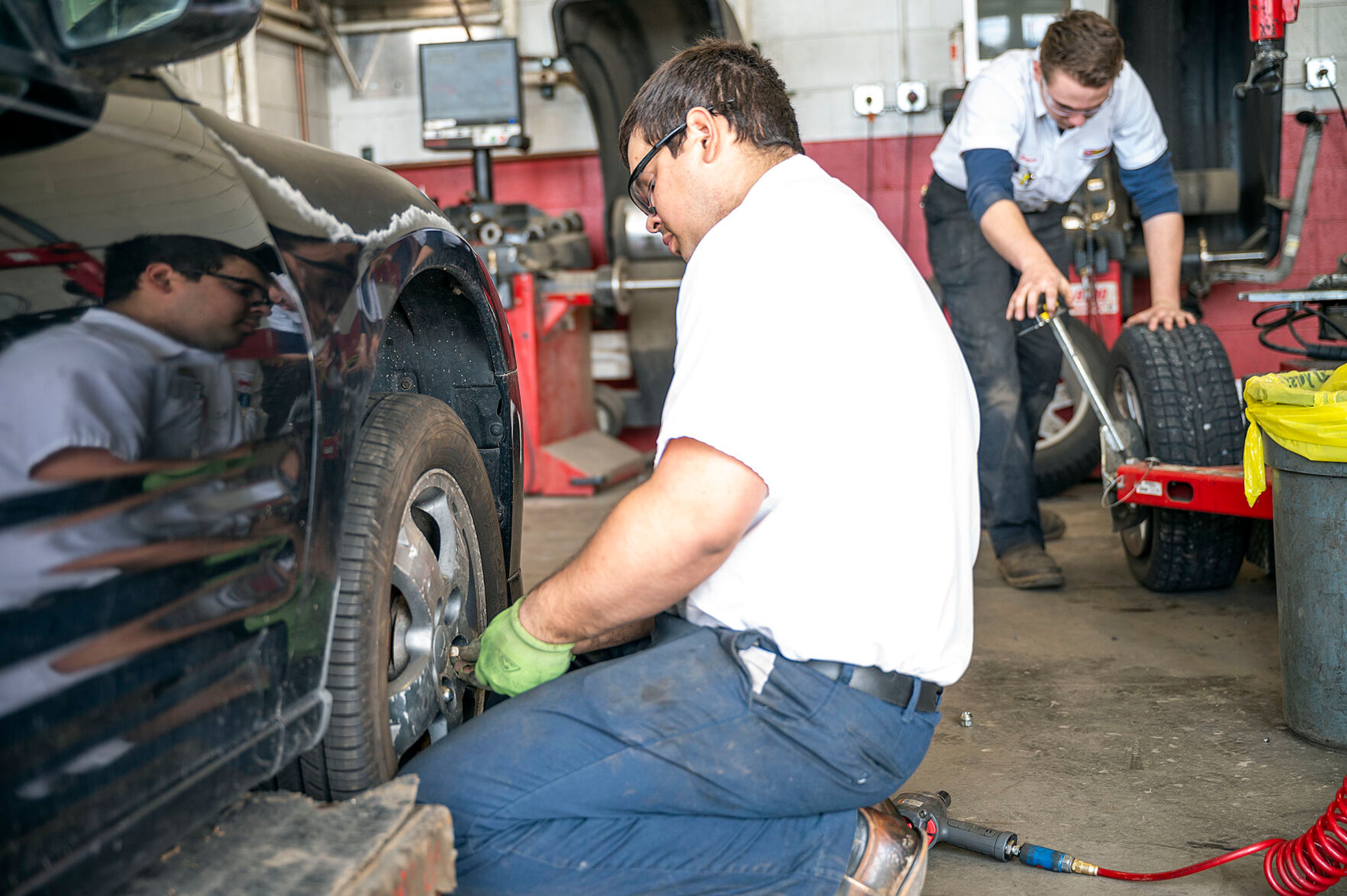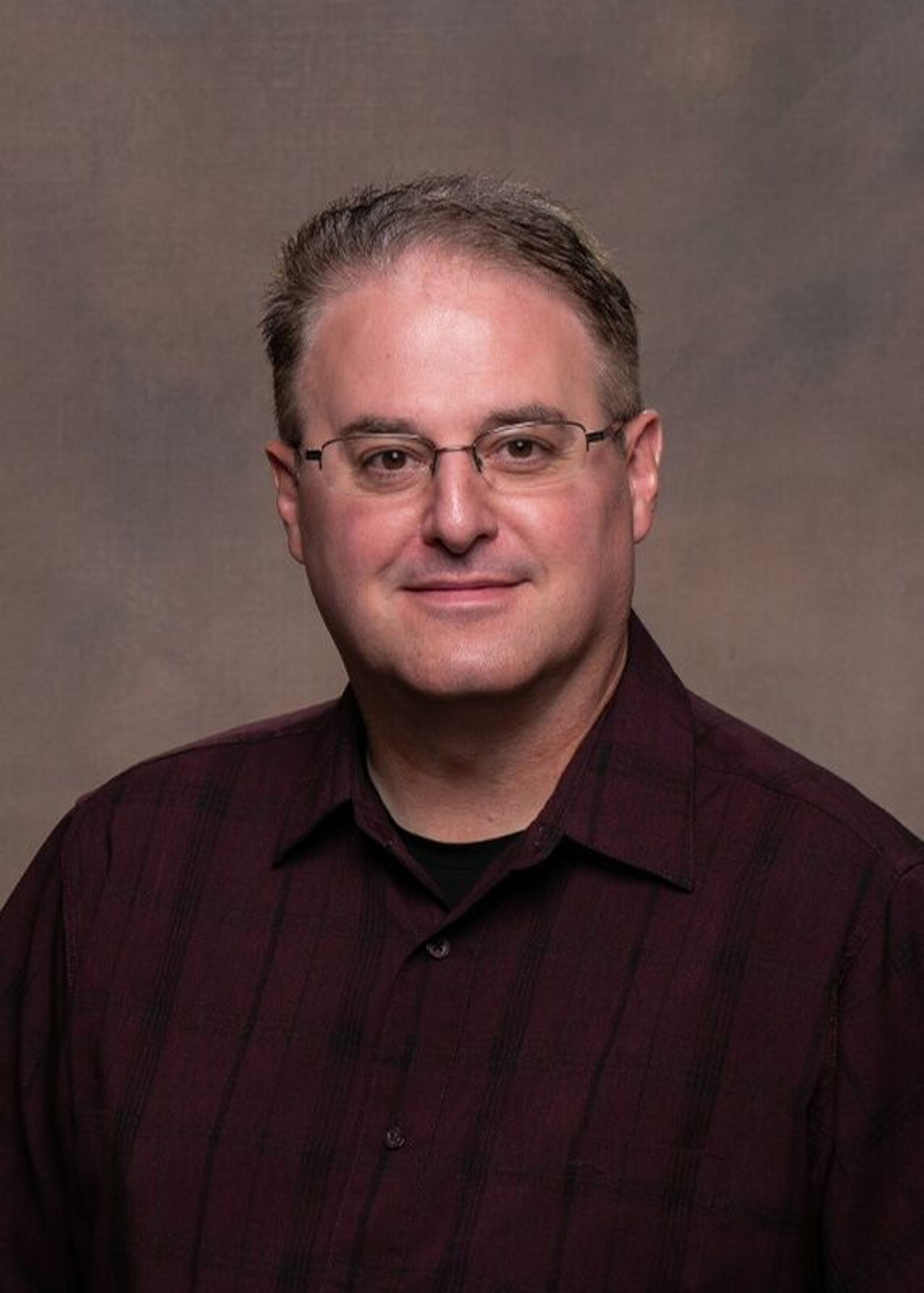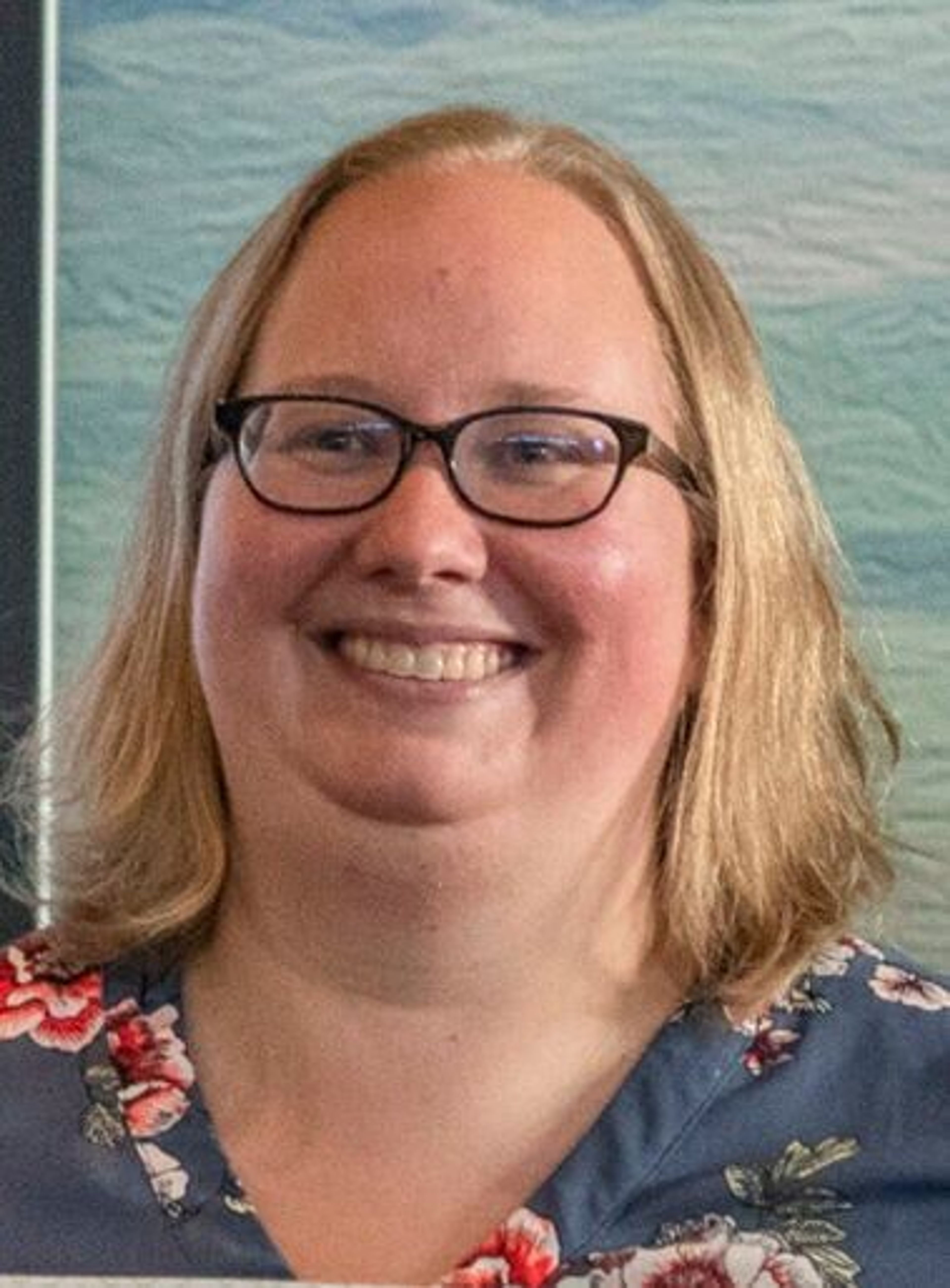Panelists come out against school vouchers
Yamamoto, others oppose 'school choice' programs, which continue to stir debate in Idaho
CALDWELL, Idaho — The idea of school vouchers, educational savings accounts and other “school choice” programs was among the divisive subjects that dominated much of the 2023 legislative session — and it’s not going anywhere.
Rep. Julie Yamamoto, R-Caldwell, said she’s been “promised” by supporters of these initiatives that more legislation will come back in 2024. There were a variety of proposals introduced this year, but none of them passed.
Yamamoto joined a panel to discuss the topic Wednesday afternoon at the Idaho Policy Forum at the College of Idaho.
The event, which also covered the topics of renewable energy and the proposed “Open Primaries Initiative,” was meant to foster discussions about local issues and counter a nationwide social decline in civic engagement, said Stelios Panageotou, an assistant professor of political economy at C of I.
Idaho School Boards Association President Nancy Gregory and Homeschool Idaho Board Member Adura Talley also spoke Wednesday to the idea of vouchers, or using public funds toward private education. The Idaho Center for Fiscal Policy Analyst May Roberts moderated.
While they approached the concept from different perspectives, all the panelists vocally opposed the idea of vouchers in most forms.
“They are public-private partnerships, and they have historically failed on multiple levels,” Talley said.
Yamamoto said she understands where the desire comes from. Many people who support the idea of more school choice say that “one size doesn’t fit all,” she said, and some students don’t work well in public schools.
"I would guess that there isn't anyone sitting here today who doesn't agree with that idea, that we believe education should fit the student," Yamamoto said. "Where we start parting company is where you start talking about who pays for that."
The panelists all pointed to what happened in other states that created educational savings accounts, or ESAs — which are when the state makes money available for parents to use for educational expenses, including private school tuition or homeschooling costs.
In Arizona, the state’s education department is predicting the program may cost $900 million by the end of the next fiscal year, the Arizona Capitol Times reported during the summer.
Idaho senators this past session introduced a large universal ESA bill that was largely based on Arizona’s program.
It was estimated that it would cost $20 million for the first year, which they argued is a very small fraction of Idaho’s entire $3.3 billion education budget. A report from the Idaho Center for Fiscal Policy estimated that, if the bill had passed, its costs could spike in the subsequent years with more participation, using information from similar programs in other states.
Gregory said that if Idaho followed similar trends, it could be detrimental to public school budgets.
“If you siphon off some of that money to go to private and parochial schools, you are diminishing the general fund, and then usually what has historically happened is by policy the state decides that they will reduce the support for public schools,” she said.
Supporters of ESAs or other similar proposals have said that the money should follow the students to benefit their education in whatever form that may take. Gregory said the problem with that is the state funds a public school system, so even if some students leave to go to private school, the district still has to pay the teachers and keep the building running.
Many of the proponents of ESAs also highlighted that they’d benefit homeschooled students. Sen. Cindy Carlson, R-Riggins, said it could benefit kids in rural communities she represents, many of whom are far away from public schools.
“There’s people living in the backcountry … they would have no other way. They’re already doing what they can in those rural areas, because they’ve had to figure it out, but this just gives them more options,” Carlson previously said.
Talley said that in her experience, homeschooling families were not in favor of these proposals.
“Homeschoolers want to be left alone,” Talley said. “Homeschoolers want to do what they do without having to worry about just constantly being looked into and overpowered by larger financial interests.“
The ESA proposals in 2023 didn’t include stipulations about student performance or other oversight, but Talley said that she couldn’t trust that would always be the case. She said if public funds are being put toward other systems, there should be oversight, and that’s why she doesn’t want homeschooling in Idaho to change. The state currently has minimal oversight requirements for homeschooling families.
Gregory and Yamamoto also spoke to the fact that private schools that would receive the state money don’t have reporting requirements, so there wouldn’t be any way to track student achievement or what the curriculum is.
Supporters of ESA legislation argue that public schools aren’t working and they keep receiving funding. Sen. Brian Lenney, R-Nampa, previously said, “If you look at public education as horse betting, we’ve been betting on the same horse over and over and over and we’ve been making historic investments,” he said. “... If the return on investment isn’t there, at some point we have to put a new horse in the race.”
Recently released standardized test scores show most students are below target proficiency rates in English and math.
Yamamoto said there's more support and focus needed on why students aren’t achieving those goals but that the data is there to do that and it’s not for private schools.
“They should welcome that accountability, to say, ‘We’re going to provide something that we say is better,’ well, the proof’s in the pudding, let's see it then,” she said. “And let's see in the same way.”
She also noted that many of these private schools are not serving demographics that match the communities they’re in, unlike public schools.
The panelists said the issue has become such a heated topic because there’s a lot of money involved. In 2022, the Legislature approved during a special session an additional $330 million in funds for public schools.
“It’s a lot of taxpayer money, and there are those who want access to the pot,” Gregory said.
The funds attracted out-of-state interest groups that put large sums of money into backing candidates who support school choice and the educational savings account policies, the Idaho Capital Sun reported. But there are many people located in Idaho who feel strongly that if they are paying taxes and their child doesn’t go to public school, then they should also receive an educational benefit, Yamamoto said.
But it’s the state’s constitutional obligation to fund a free and common education, she said, and anything else is “parental choice.”
She said the issue has underscored for her the need to pay attention to school board elections — she said if the issue is that some students aren’t achieving in public schools, then she wants the conversation to center around how that can be addressed.
"What is it we can do as Idahoans?" Yamamoto said. "Because what I do believe is not controversial is that we do care about our youth and we do believe that investing in them is best for them and best for our future."
Guido covers Idaho politics for the Lewiston Tribune, Moscow-Pullman Daily News and Idaho Press of Nampa. She may be contacted at lguido@idahopress.com and can be found on Twitter @EyeOnBoiseGuido.








